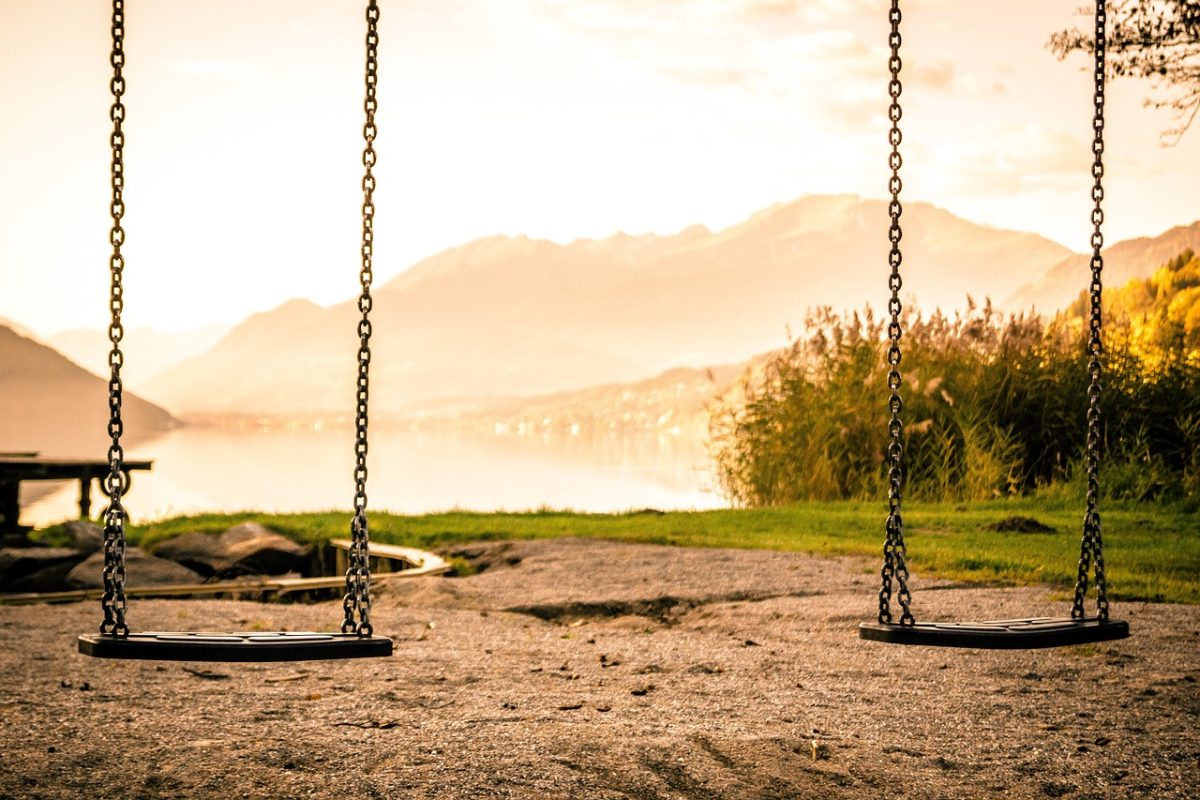It begins with a baby crying, opening your eyes to the world with the gentle hum of hospital nurses carrying you to safety. Your skin is as soft as fresh linen, carrying the quiet of early memories. While the world around you bursts with color, your eyes are beginning to soak it all in. The start of life is just the beginning of nostalgia.
There’s a certain magic in nostalgia, a quiet, aching warmth that sweeps through the heart like a forgotten melody. It is the scent of old books tucked away in the corners of a childhood bedroom, the feeling of the summer sun on bare skin as you run through fields with scraped knees, and laughter echoing behind you. That one park where you used to race to the swings, letting the breeze carry your laughter as you soared higher, believing you could touch the sky. The sun always felt warmer there, casting golden light over the playground.
Nostalgia is everywhere: we hear it, smell it, taste it, and feel it in the places we visit. Nostalgia can be beautiful—that is one thing many people like about it—but it can also be traumatic, especially as it is both a blessing and a curse to feel everything so deeply. Nostalgia feels like a curse, missing the comfort of places we visited as children with friends, longing for the simplicity of those days. The excitement of jumping for joy and the freedom to cry when things went wrong are just memories now. Although things have changed, we desire to return to how they used to be.
As we grow older, walking past our old elementary school can feel like a bittersweet reminder of the past. Seeing kids who used to be our age leaving for the day, we can’t help but wonder if their teacher is the same one we once had. The smell of a favorite childhood meal cooking in the kitchen still tastes the same, but now it’s served on a plain white plate—not the colorful cartoon ones from our younger days. These memorable moments, once lasting forever, are now just memories. Nothing much has changed, but the significance remains.
One of nostalgia’s greatest gifts is perspective. It encourages us to appreciate the present, not just as a fleeting moment but as a memory in the making. It urges us to pause, to truly listen to the laughter of loved ones, to come back home after experiencing a first dance, and to memorize the time we laughed and raced in the sand with groups of friends, because one day, these too will be the echoes of a time we ache to relive. But no one warns you that growth comes at a cost. In becoming better, we leave parts of ourselves behind. Laughter fades into echoes, places turn to memories, and hands we swore we’d never let go of slip away. Nostalgia isn’t just longing for the past; it’s realizing that even now, this moment is already becoming one.

